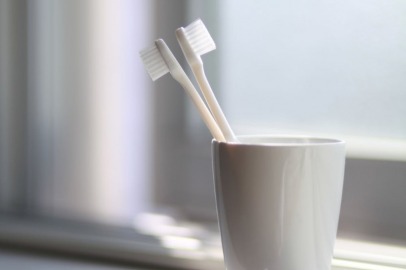
Common Conditions
Oral health is a vast subject and we are available to you as a resource for any or all questions you may have before, during or after your visit with us.
Post Procedural Care

I always enjoy my experience at Great Divide Dental. You walk in to a friendly and knowledgeable staff, wait time is minimal and you leave knowing that they care. Thanks.
Procedures
Whether you'd like to know more about treatment for gum disease, repairing cracked teeth, getting routine treatment, tooth whitening, or just how to achieve long-term oral health, we're here as your partner in achieving your perfect smile.
FIND A PROCEDURE
Our quick search makes it easy to find a specific procedure.

Fillings
Learn about aftercare for your new filling.
Crowns
Learn about aftercare for your newly placed temporary crown, and your permanent one.
Gum Disease
What to look out for after your deep clean and how to prevent gum disease.
Implants
What to expect during an extraction of an old tooth and placement of a new implant.
Teeth Whitening
Get the most out of your new pearly whites!
Teeth Grinding
Your mouth guard, and protecting your teeth from excessive grinding.
Root Canal
What to expect and look out for after a root canal procedure.
Extractions
Common symptoms after an extraction and how to treat them.
Dentures
What to look out for when getting used to your new dentures.Web Development by JTech Communications© 2026 Great Divide Dental
